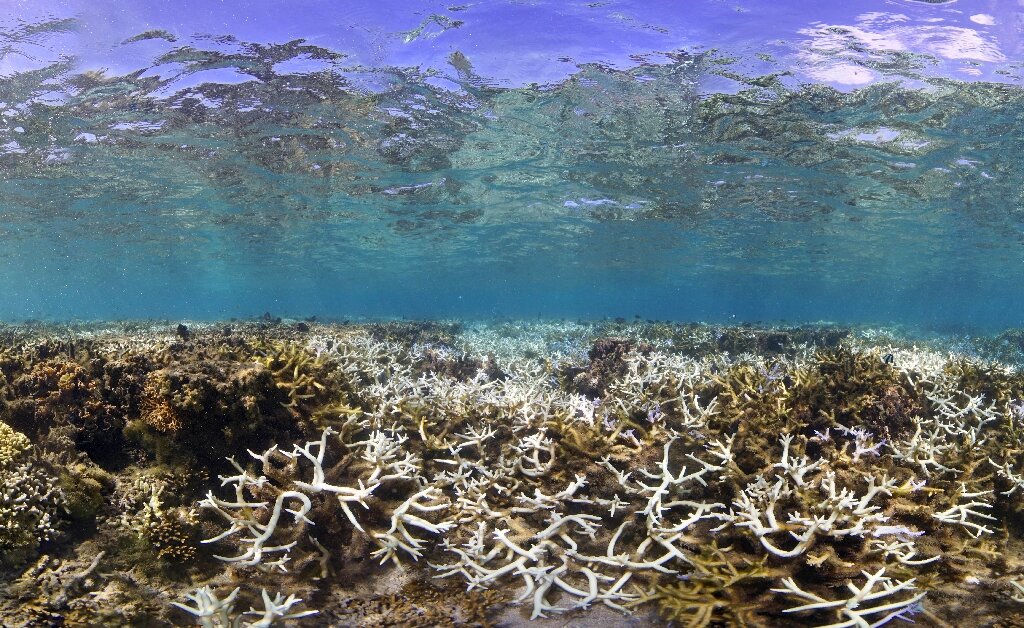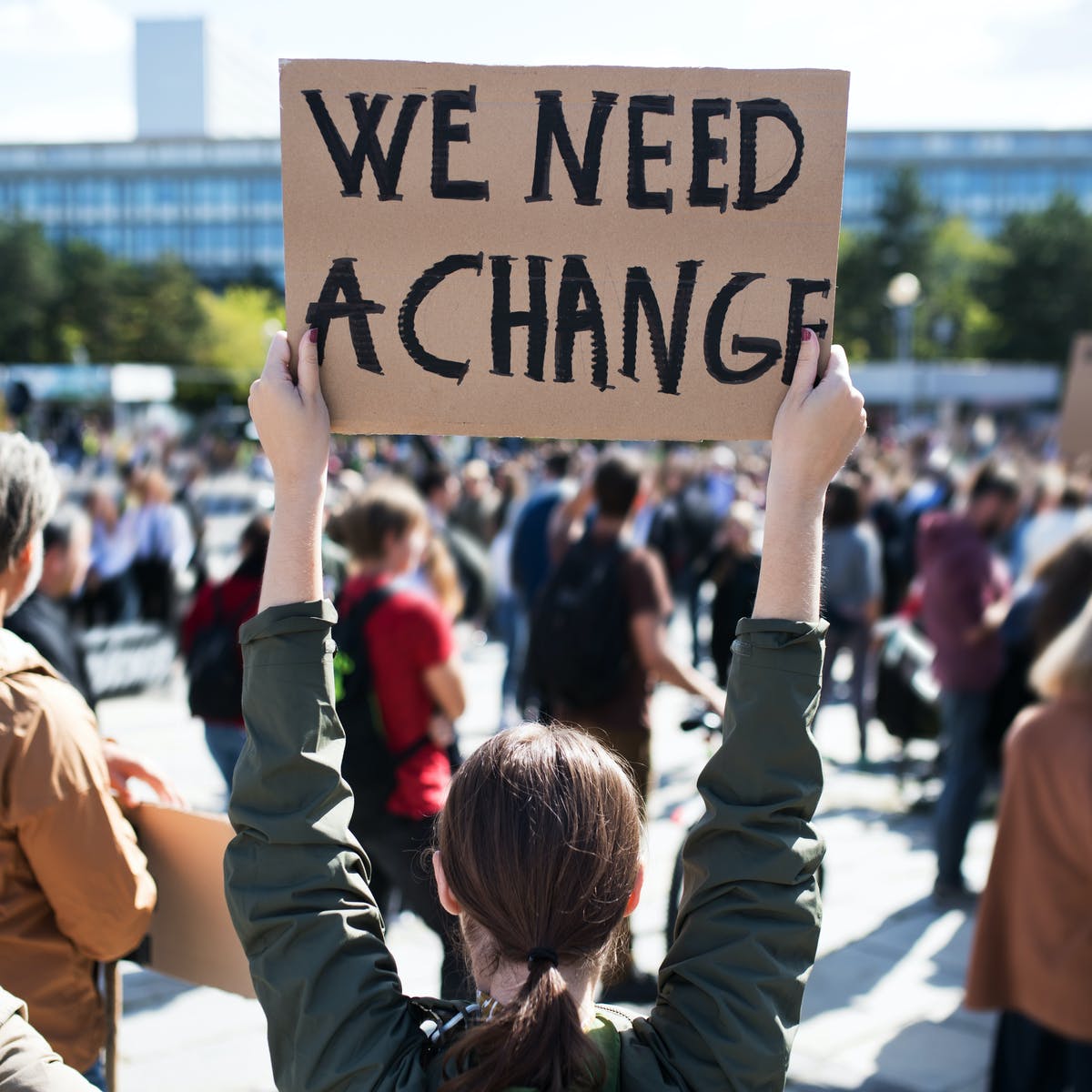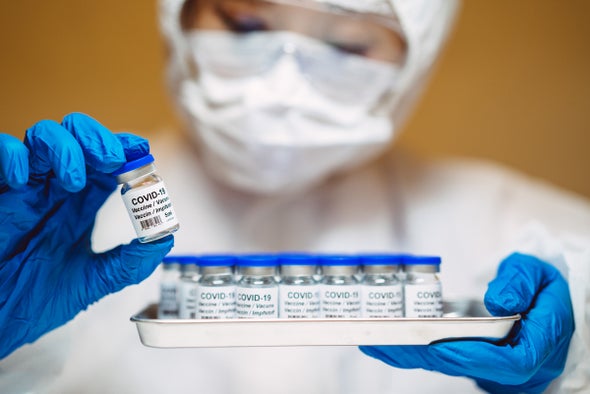One Young World is proud to announce the 2022 Plenary Challenges!
The Plenary Sessions are some of the key highlights of the One Young World Summit and is the showcase for the Delegate Speakers whose work and stories speak to the topic at hand. All content at the Summit is shaped by the five Plenary Sessions from keynotes to panels. The topics are decided through the Global Consultation Process with the 13,000+ Ambassador Community.

Conflict Prevention
How can we prevent conflicts?
A third of the world’s population is estimated to live in countries affected by conflicts - in 2020, 56 armed conflicts were active around the world, the highest number recorded since 1946. Of those surveyed from the One Young World community, 61.7% said they have been personally impacted by the decline of peace and security in their own countries. The call for a global ceasefire following the outbreak of the COVID-19 pandemic failed to ensure lasting peace as new conflicts broke out in the Ethiopian Tigray region and in Azerbaijan’s Nagorno-Karabakh territory. Armed conflicts are also causing humanitarian emergencies and producing record levels of displacement, human suffering and widespread hunger. Currently, 235 million people, or 1 in 33 people worldwide, need humanitarian assistance and protection.
Conflicts increase the fragility of institutions, essential services and governance needed to secure long term stability and sustain peace. When addressing conflict prevention, the United Nations particularly focuses on facilitating de-escalation and supporting political transition through inclusive electoral processes.
With many factors to consider when discussing conflict prevention, how can we identify future conflicts and avoid conflicts from re-emerging?
*image copyright UN ©

Gender Equality
How can we accelerate action to achieve gender equality?
Gender-based discrimination remains one of the most prevalent drivers of inequality across the globe: women and girls make up 60% of food insecure people, and two-thirds of the world’s illiterate people. Of parliamentarians worldwide, women account for just 25.5%; reflecting a systematic gender imbalance in political decision making, and in many cases deepening existing gender-based inequalities. When considering what actions must be taken to achieve gender equality, 59.2% of those surveyed in the One Young World community believe equal access to education is an essential step, while 54.7% believe ending gender-based violence to be crucial in the fight for equality. Nearly 1 in 3 women experience violence. Every two seconds, a girl becomes a child bride. These numbers rise in times of crises, as seen during the COVID-19 pandemic.
Gender discrimination in employment has also been further exacerbated by COVID-19. While men’s unemployment will recover to pre-pandemic levels by the end of 2021, there will still be 13 million fewer women in the workforce compared to 2019. Period poverty is another barrier to gender equality, restricting 500 million women from equal access to education and job opportunities due to the lack of adequate facilities for menstrual hygiene management.
Gender inequality is a persisting global challenge with large gaps yet to be closed; how can we ensure gender-equality initiatives are advancing equal representation for all women and girls?

Oceans
How can we safeguard and restore the world’s oceans?
Everyone, everywhere is inextricably connected to and dependent on the existence of oceans. Oceans play a critical role in sustaining life on Earth, regulating global climate systems and mitigating the impacts of climate change. Oceans absorb 30% of annual CO2 emissions generated by human activity and more than 90% of the excess heat from global climate systems. Of those surveyed from the One Young World community, 94.6% believe that ocean conservation and preservation should play a significant role in tackling the climate crisis.
However, the health of the oceans faces unprecedented threats. Oceans have reached record high temperatures and ocean acidification has profoundly affected coral reef ecosystems with 25% of marine species depending on them. Sea levels are on the rise, endangering coastal mangrove forests and further affecting the survival of small island nations. Eight islands in the western Pacific have already been submerged and two more are on the brink of disappearing, causing a wave of migration to larger neighbouring countries. Additionally, plastic pollution accounts for 80% of all marine debris found from surface waters to deep-sea sediments which further threatens marine ecosystems and affects food safety as fish represents 20% of the animal protein source for around 3 billion people.
Safeguarding oceans must remain a top priority: how do we stop and reverse ongoing damage to the oceans?
*image copyright AFP ©

Ethical Leadership
How can we be and develop ethical leaders - more responsible and effective than previous generations?
With the recent Pandora Papers revealing the secret deals and hidden assets of more than 100 billionaires, 30 world leaders and 300 public officials, the population’s trust in world leaders is at its lowest. The OECD estimated that in 2020, 49% of citizens did not trust their governments. This primarily results from economic insecurity and public perceptions of poor or corrupt government performance. According to the CPI, out of 180 countries more than two thirds score below 50, with 0 being highly corrupt. Corruption and mistrust in governments are key barriers to achieving the SDGs such as reducing inequalities or undertaking climate action. Of the One Young World community surveyed, 62.7% affirmed that the lack of leadership is the largest impediment to tackling the climate crisis.
Trust in political institutions and leaders are essential to achieve economic and social progress. Countries where businesses, governments, and other institutions have a higher level of trust, witness stronger per capita GDP growth and provide more effective policy making and better public services. Governments promoting openness and transparency are able to strengthen their relationships with citizens and their collaboration with stakeholders in order to achieve positive change.
With the current trust deficit in public figures and institutions, how can we instill transparency, honesty and integrity as core values for leaders and ensure that they act for the good of all?

Health
How can we ensure health equity for all?
The effects of COVID-19 have shed light on the existing health inequalities and their underlying social determinants. Of the 6.4 billion COVID-19 vaccine doses administered globally, only 2.5% have been administered in Africa – even though the continent accounts for more than 17% of the world’s population. While nearly 800 million people spend 10% of their entire family budgets on health services, 100 million people could end up being pushed into extreme poverty because of these health costs. Among those surveyed from the One Young World community, 62.1% believe poor sanitation and a lack of clean water are the largest threats to public health, with 53.6% believing poverty to be the most detrimental to health systems.
Inequities in health are also exacerbated by ethnicity. Irrespective of income or education level, African American women are up to four times more likely to die from pregnancy-related complications than white women. Identifying health inequalities and their drivers are essential for achieving health equity, and governments, companies and media must ensure that quality healthcare is accessible and affordable for all.